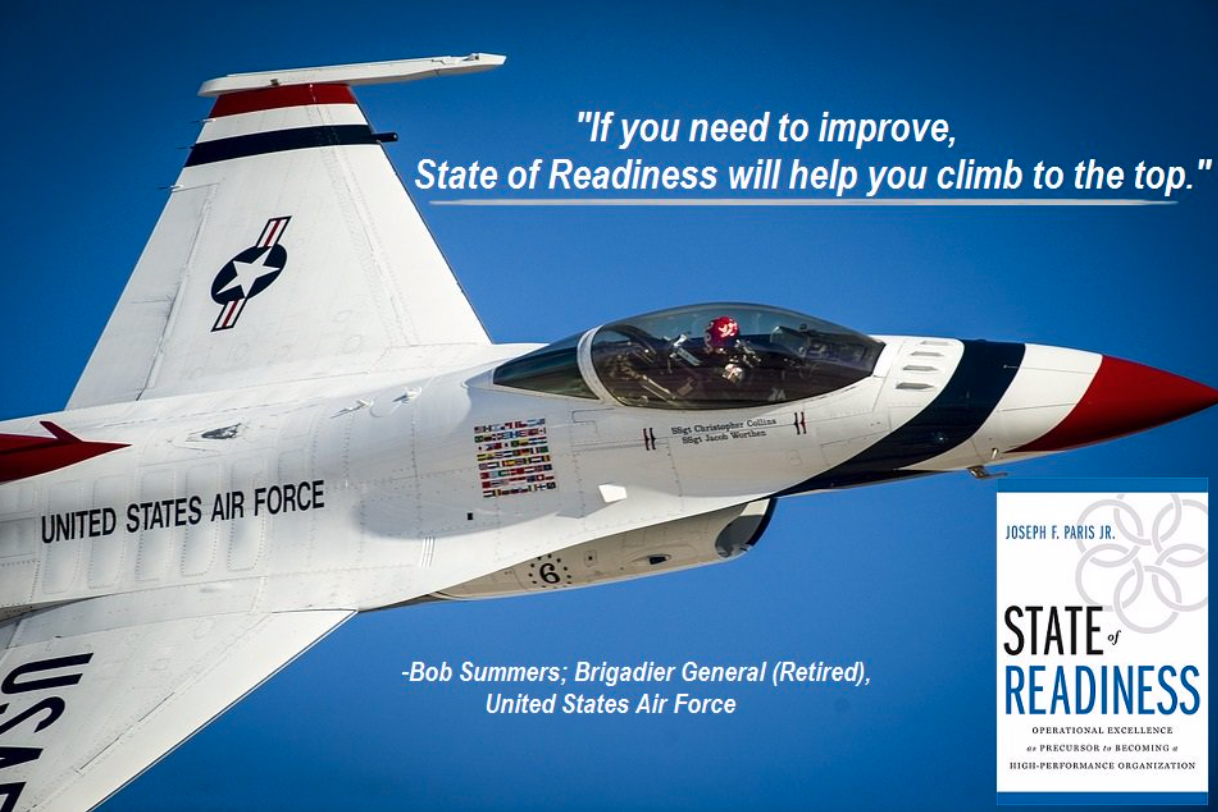 The date is November 19th, 1863. A crisp autumn day in the fields of southern Pennsylvania in a little farm-town called Gettysburg. Just four months earlier, the fierce battle of Gettysburg raged there as the Union and Confederate forces clashed in what mark the decisive high-water mark of the Confederate efforts to separate from the United States and become their own country.
The date is November 19th, 1863. A crisp autumn day in the fields of southern Pennsylvania in a little farm-town called Gettysburg. Just four months earlier, the fierce battle of Gettysburg raged there as the Union and Confederate forces clashed in what mark the decisive high-water mark of the Confederate efforts to separate from the United States and become their own country.
This was to be the day that the Gettysburg National Cemetery, through the efforts of David Willis, would be consecrated. And Willis had organized the day’s program which, among other aspects of the program, contained speeches from Edward Everett and Abraham Lincoln.
Everett, a former Secretary of State under President Millard Filmore, Senator from Massachusetts, and Governor of Massachusetts, was invited apparently for no other reason than he was considered the finest orator at the time and was a staunch advocate of the Union cause.
Lincoln, of course, was the President of the United States at the time.
Everett spoke before Lincoln. Everett’s now obscure and seldom read two-hour oration was almost 14,000 words long and began:
“Standing beneath this serene sky, overlooking these broad fields now reposing from the labors of the waning year, the mighty Alleghenies dimly towering before us, the graves of our brethren beneath our feet, it is with hesitation that I raise my poor voice to break the eloquent silence of God and Nature. But the duty to which you have called me must be performed;—grant me, I pray you, your indulgence and your sympathy…”
And ended two hours later with:
“…But they, I am sure, will join us in saying, as we bid farewell to the dust of these martyr-heroes, that wheresoever throughout the civilized world the accounts of this great warfare are read, and down to the latest period of recorded time, in the glorious annals of our common country, there will be no brighter page than that which relates the Battles of Gettysburg.”
Afterwards, Lincoln delivered his dedicatory remarks in what became known as the “Gettysburg Address”:
“Four score and seven years ago our fathers brought forth on this continent, a new nation, conceived in Liberty, and dedicated to the proposition that all men are created equal.
Now we are engaged in a great civil war, testing whether that nation, or any nation so conceived and so dedicated, can long endure. We are met on a great battle-field of that war. We have come to dedicate a portion of that field, as a final resting place for those who here gave their lives that that nation might live. It is altogether fitting and proper that we should do this.
But, in a larger sense, we can not dedicate—we can not consecrate—we can not hallow—this ground. The brave men, living and dead, who struggled here, have consecrated it, far above our poor power to add or detract. The world will little note, nor long remember what we say here, but it can never forget what they did here. It is for us the living, rather, to be dedicated here to the unfinished work which they who fought here have thus far so nobly advanced. It is rather for us to be here dedicated to the great task remaining before us—that from these honored dead we take increased devotion to that cause for which they gave the last full measure of devotion—that we here highly resolve that these dead shall not have died in vain—that this nation, under God, shall have a new birth of freedom—and that government of the people, by the people, for the people, shall not perish from the earth.” – Abraham Lincoln.
At a mere 271 words in length and taking minutes to deliver, most people didn’t realize Lincoln was done until he left the podium and sat down.
Here is the point to ponder; how many of you read the “Gettysburg Address” contained in this article and how many of you clicked through to the text of the oration delivered by Everett and read it?
… How about now, since you have been prodded?
“The epitome of elegance is not when nothing else can be added, but when nothing else can be taken away.” ― Antoine de Saint-Exupery
Why do most of us feel the need to “bulk-up” our messaging? We look at a report we have written and wonder, “Geeze, that looks light, I need to add more.” Some of us measure the value of a document by the “thump factor” of it hitting the table.
Consider our other forms of correspondence. When we write an eMail, it tends to be much longer if we write one from our computer rather than when we write one from our mobile device. This is because we perceive the mobile device as a vehicle for brief responses whereas when we sit in front of a computer we feel it more formal.
“It is my ambition to say in ten sentences what others say in a whole book.” ― Friedrich Nietzsche
From our earliest days in school, we are conditioned that “more is better”. How many 500-word essays did we have to write? How about 1,000? Most thesis for Master’s Degrees or dissertations for Doctorate Degrees are often not considered satisfactory until they can break a toe if you drop them on your foot.
But what if a person could deliver all the value needed in 250 words instead of 500? How about 100 words? Shouldn’t the real value be in how clearly and concisely you can get your message across?
After all, who really reads these massive missives to the end? Are you still reading this article?
For your consideration; my suggestion would be to write in the “journalistic style”. This style is best described as an inverted pyramid. Bring the most interesting and main points of your article (or paper) to the very beginning. As they say in the writing business (and as I was admonished repeatedly by my substantive editor when we were working on my book); “Don’t bury the lead.”
Presenting the most important information and facts first makes it more likely they will be read. And try to keep this to a couple of sentences or paragraphs. If your “most important” goes over a page, do better – go back and try again. How many times have we been given a report to read, started it, and put it down – only to be asked about, or needing to know but overlooking, some important piece of information that was buried in obscurity deep inside?
If it’s important, make sure it’s first. And remember, not everything is important.
For business writing, this beginning would be called the “Executive Summary”. Make sure it’s first.
After the important information is conveyed, deliver the supporting information. Be sure to deliver it in diminishing importance so the reader can stop reading at any point and still gain the essence of what is being shared. Further, writing in this manner follows human nature in that it allows a person to read the material until they reach a natural point where it is no longer interesting to them – a point where might consider only marginally relevant trivia.
In the newsroom, this allowed the editor to cut-off the article at any given point without much sacrifice to the reader. If the editor needed “five inches” of a column to fit the space on the page, they would just cut at the five-inch mark.
If you do this, you will reduce waste and accelerate your business.
You will eliminate waste by not wasting the time and effort writing material people will never read. You will also eliminate the wasted time and effort of others who you involve.
And you will accelerate your business by being able to present your paper sooner and come to the some conclusion faster.
Bio:
Paris is the Founder and Chairman of the XONITEK Group of Companies; an international management consultancy firm specializing in all disciplines related to Operational Excellence, the continuous and deliberate improvement of company performance AND the circumstances of those who work there – to pursue “Operational Excellence by Design” and not by coincidence.
He is also the Founder of the Operational Excellence Society, with hundreds of members and several Chapters located around the world, as well as the Owner of the Operational Excellence Group on Linked-In, with over 60,000 members. Connect with him on LinkedIn or find out more about him.
